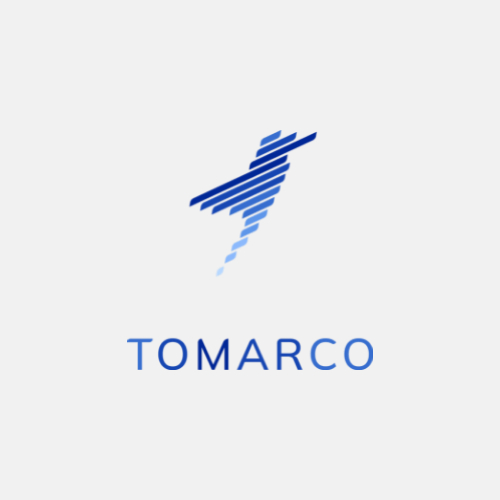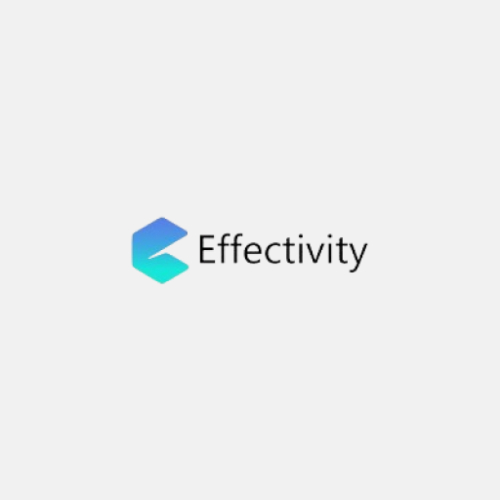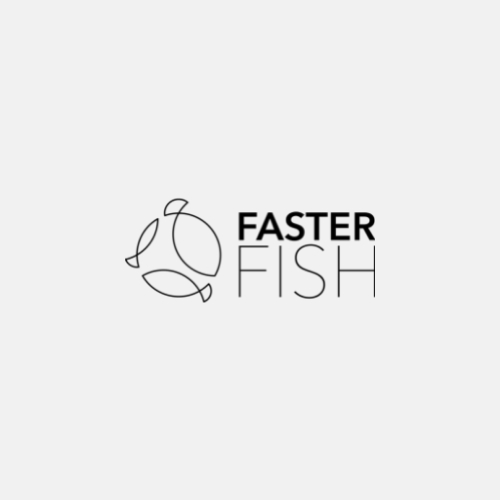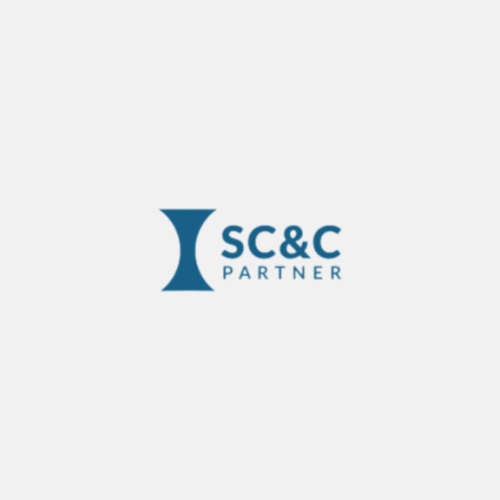














Lean Institute Slovakia & Czechia – oficiálny partner celosvetového zoskupenia Lean Global Network je exkluzívnou platformou vybudovanou za účelom združovania a kooperácie Lean expertov a tvorby lean komunity v rámci Slovenska i zahraničia. Šírením povedomia a integráciou
inovatívnych myšlienok Lean filozofie do praxe prispieva k zvyšovaniu produktivity a efektivity subjektov výrobného i nevýrobného sektora.
Copyright © 2020 Lean Institute Slovakia
Design by TOMARCO